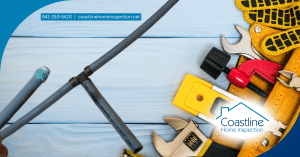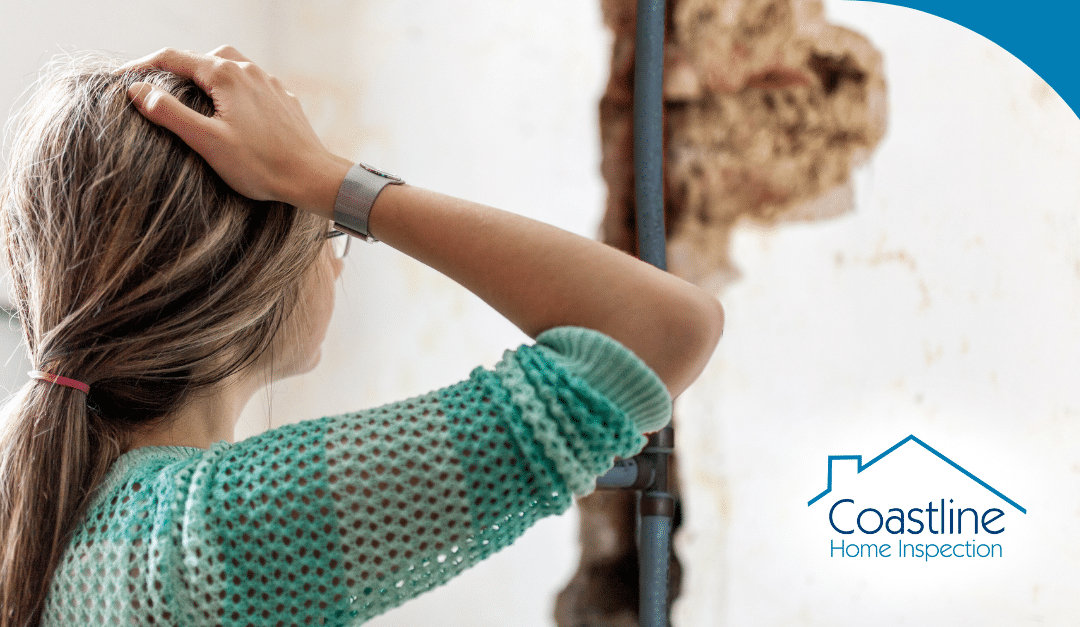 If your home was built or renovated between the 1970s and 1990s, there’s a chance it may still have polybutylene (QEST) piping in place. While this type of piping was once a popular choice due to its affordability and ease of installation, it has since been found to be highly prone to degradation and failure. Polybutylene pipes can cause hidden leaks, water damage, and even mold growth, significantly impacting your home and your health. If you have polybutylene pipes in your home, it’s time to consider replacing them before they lead to costly repairs and potential insurance issues. Here’s why upgrading your plumbing system is a smart and necessary decision.
If your home was built or renovated between the 1970s and 1990s, there’s a chance it may still have polybutylene (QEST) piping in place. While this type of piping was once a popular choice due to its affordability and ease of installation, it has since been found to be highly prone to degradation and failure. Polybutylene pipes can cause hidden leaks, water damage, and even mold growth, significantly impacting your home and your health. If you have polybutylene pipes in your home, it’s time to consider replacing them before they lead to costly repairs and potential insurance issues. Here’s why upgrading your plumbing system is a smart and necessary decision.
Polybutylene (QEST) piping was once commonly used in residential plumbing systems due to its low cost and ease of installation. However, over time, it has proven problematic, and many homes built or renovated between the 1970s and 1990s may still have these pipes in place. If you find polybutylene pipes in your home, it is important to understand their potential risks and why replacing them is a wise decision for your safety and your wallet.
Polybutylene pipes, often referred to as QEST pipes, are made from a type of plastic that was initially marketed as a cost-effective alternative to copper. The pipes are flexible, lightweight, and easy to install, which led to their widespread use. Unfortunately, polybutylene pipes have a significant downside: they are prone to failure over time. These pipes can degrade due to the chlorine in municipal water systems, causing them to become brittle, crack, and leak. When the pipes fail, the results can be devastating, leading to water damage, mold, and potentially costly repairs.
 One of the most concerning aspects of polybutylene piping is that the damage it causes is often hidden until it’s too late. Because the pipes are typically located within walls and ceilings, leaks can go undetected for long periods, causing water to pool in hidden areas and allowing mold to thrive. Mold can lead to serious health issues, especially for respiratory or allergy patients. Even if you haven’t noticed leaks or other signs of damage, the risk of failure remains, and replacing polybutylene pipes can give you peace of mind.
One of the most concerning aspects of polybutylene piping is that the damage it causes is often hidden until it’s too late. Because the pipes are typically located within walls and ceilings, leaks can go undetected for long periods, causing water to pool in hidden areas and allowing mold to thrive. Mold can lead to serious health issues, especially for respiratory or allergy patients. Even if you haven’t noticed leaks or other signs of damage, the risk of failure remains, and replacing polybutylene pipes can give you peace of mind.
Another reason for replacing polybutylene pipes is that many insurance companies are reluctant to provide coverage for homes with these outdated systems. If you have polybutylene pipes in your home, you may face higher premiums or difficulty obtaining coverage. Sometimes, your insurance company may require you to replace the pipes before renewing your policy, making it a costly issue.
Polybutylene pipes are also less durable than modern alternatives like PEX or copper. While replacing polybutylene piping can be an investment, it’s an investment that will protect your home, health, and finances in the long run. Newer piping materials are much more resistant to degradation, reducing the chances of leaks and failures. Additionally, upgrading your plumbing system can increase the value of your home, making it more attractive to potential buyers if you decide to sell in the future.
If you’re unsure whether your home has polybutylene pipes, having a professional home inspection is a good idea. A qualified inspector can identify the material of your plumbing pipes and assess their condition. If your home does have polybutylene pipes, you should take immediate action to have them replaced to avoid potential issues down the road.
Coastline Home Inspections, serving Sarasota, FL, and the surrounding areas, is here to help. Our experienced inspectors can identify polybutylene pipes in your home and guide you through the next steps to ensure the safety and integrity of your plumbing system. Don’t wait until it’s too late—contact Coastline Home Inspections today to schedule your home inspection and protect your home from the dangers of polybutylene pipes.


